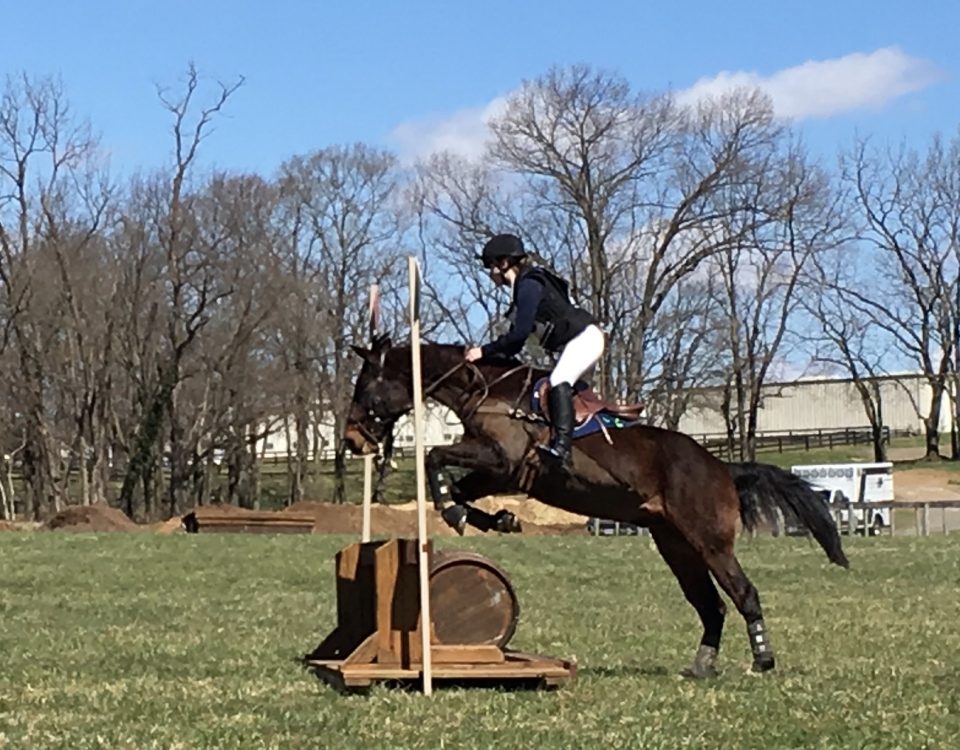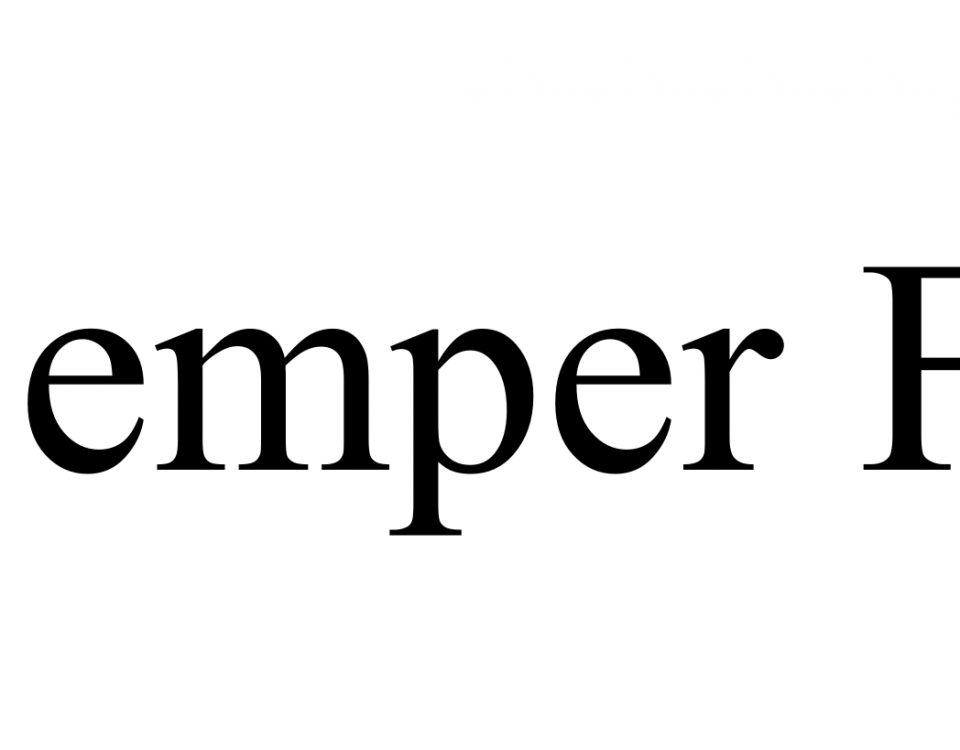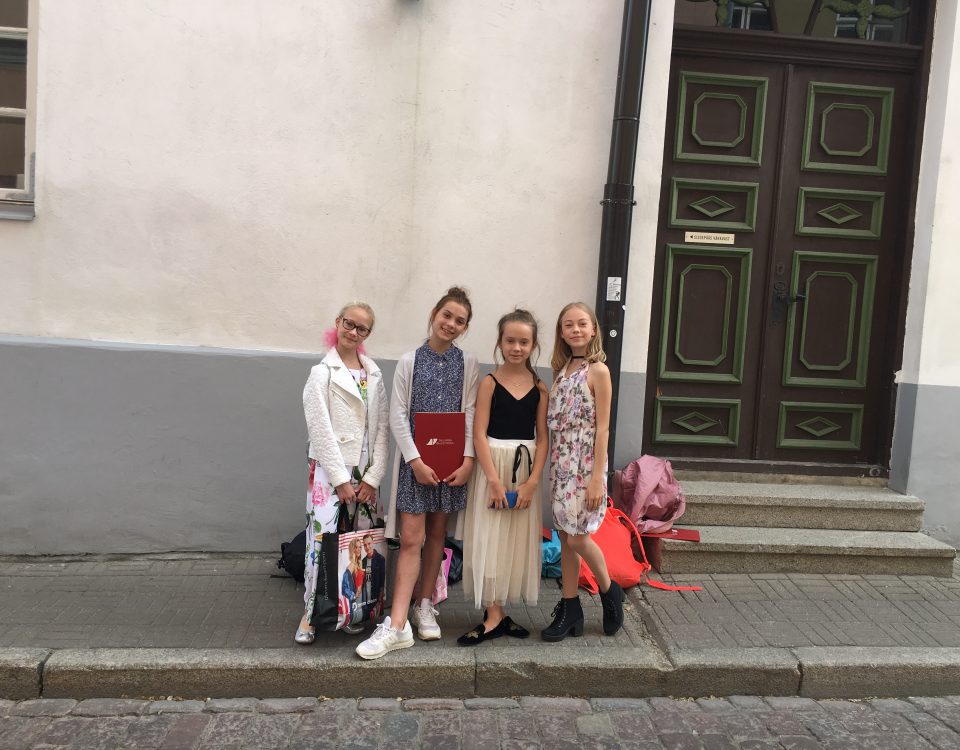Everyone Stands at the Front of the Room
With March Madness upon us, I’ll use the event to outline several key, if disparate, elements which I hope are useful in their application to your team.
- Everyone Matters
There cannot be anyone on the team who does not feel their efforts contribute toward the team’s goal(s). Everyone has to be invested. No one can be performing with the belief that their efforts don’t matter. From head coach to equipment manager, everyone has to be involved. Ever seen Rudy, the movie about the kid who got on the field for Notre Dame even though he had no skills? The team insisted Rudy be put in on Senior Day because they recognized his value in getting them ready (he was an animal at practice, though not particularly effective). After years of intense effort, on Senior Day, the team started a chant, which became a roar as the crowd took it up: Rudy, Rudy, Rudy, Rudy, Rudy.
The Notre Dame team how much Rudy contributed, all 5’9” and 150 pounds of him.
Make sure everyone matters and make sure everyone knows they matter.
- The Team is clearly defined.
You can’t have 80 people on a team. 80 people is maybe 4 different teams. The basic unit in the military, for example, is a squad. There are companies, then platoons, then squads. It is in that squad, that group of 12-20 guys, that the team really exists. It is those guys that the unit fights for. Guys in Nam or Afghanistan didn’t/don’t generally fight for some egalitarian rationale. They are fighting for their buddies.
In the tournament coming up those coaches are not preaching to the kids to win for the school or for their conference. They are trying to win for the other guys in that locker room. The crowds are exciting, the bright lights of the television cameras captivate, but what coach talks about in the privacy of the locker room is playing for each other. Being a good teammate. Every guy doing his job.
- Shared language.
You cannot watch the first weekend, when almost 70 teams are involved, without hearing story after story about a theme the coach has carried throughout the year. Some inspirational phrase that has acted as the filter for the year. This shared language, this inspired concept, binds the team. It comes to define themselves for each other.
Often the coach leverages it as “us against them”. You know, “No one believes in us”. “No one thinks we can do it”.
Make sure your team has focused shared language. A BRIEF concept that captures why the team exists- what its raison d’etre is.
As my regular readers will know, I have a bias to use Positive, Productive, Fresh and Enthusiastic as my preferred language- the filter for all our behaviors. But there are plenty of other options.
- Shared Experiences
Having a work group fill out the NCAA bracket is a nice little opportunity to share an experience, albeit it modest in its scope.
I could expound on the meals and travel, and practices; the countless hours these teams spend together that we don’t see, but it would come across as sort of stereotypically wonkish and maybe not too interesting. What I’d rather do is suggest options for shared experiences for your team.
I suggest some sort of training session weekly whereby the responsibility of presenting is rotated. Everyone participates in the rotation. One a week. Each colleague selects a training topic and then prepares. You can establish this with the goal of improving everyone’s presentation skills as well as helping everyone become subject matter experts on a variety of topics. Best suit, strong terminology and posture, command of the topic.
I am accustomed to folks struggling with topics, which I find farcical…. sorry. Dress for success, how to use the flatware at a nice restaurant, best posture and positioning at a trade show, history of our energy expenses, recap of our company’s last earnings call with analysts, three best employees of last year based on whatever metrics you want to use, past three years’ revenue performance by revenue stream, update on next best competitor, hours worked per unit sold over past year…. you can go on and on.
You can build an awfully special team if you can create these shared experiences which get all involved, which exhibit your investment in their improvement and future, and which knits a team by virtue of going through this process together. Everyone stands at the front of the room.
- A real team, one that deserves to be called a team, goes through ups, and downs together.
Basketball, and life, tend to be subject to momentum. Even the best teams run into dry spells, where things are not going well. The great teams, in basketball and in life, are at their best when momentum is against them. It is THE BEST to be part of a strong team as it works together in tough times. That is when respect for each other, the value of good teammates, and a collective work ethic makes being part of a team so rewarding.
I’ll close by pointing out an element of high quality teams I’ve noticed over the years. I cannot back it up with data, but I feel confident in this assertion. On the great teams, you make friends. And friends don’t let friends down. If your team is not friendly amongst each other, I suspect you don’t have a team. You might call them a team, but they are not. A team, to be called a team, has to have a shared purpose. If your group does not have a shared purpose, then it is not a team. I suspect friendship is a corollary somehow.
I’ve always wanted to have the best team in the organization. It did not always happen, but I think it did frequently. I will take this opportunity, for those who have read this far, to acknowledge one long-running success I viewed from the outside, which was the culinary team of the Waldorf Astoria. There were some awesome teams at the Waldorf, but over the years the guys in white were the best of the Waldorf. From the years when John Doherty was there, to the Peters, Betz and Daledda, to David Garcelon, to the guys in the pastry kitchen under Jean Claude and Charlie, the pride of our enormous kitchen staff was exemplified in the nature of their attitudes. They never said maybe. They would not even comprehend the word no. Whenever called upon, they raced past ordinary and went right to extraordinary. Yet I believe their biggest impact on me was not what they did themselves, but what they brought out in me. I wanted to measure up to them. I wanted my sales and marketing team to represent. Whenever I was called upon to partner with our kitchen, I wanted to present our best. Those guys in white motivated me, and I am quite sure they never knew it. They did not know how powerful their work ethic and attitude were to me.
Being part of a group of people working toward a shared goal makes everyone appreciate the dignity and good fortune their job affords them.





